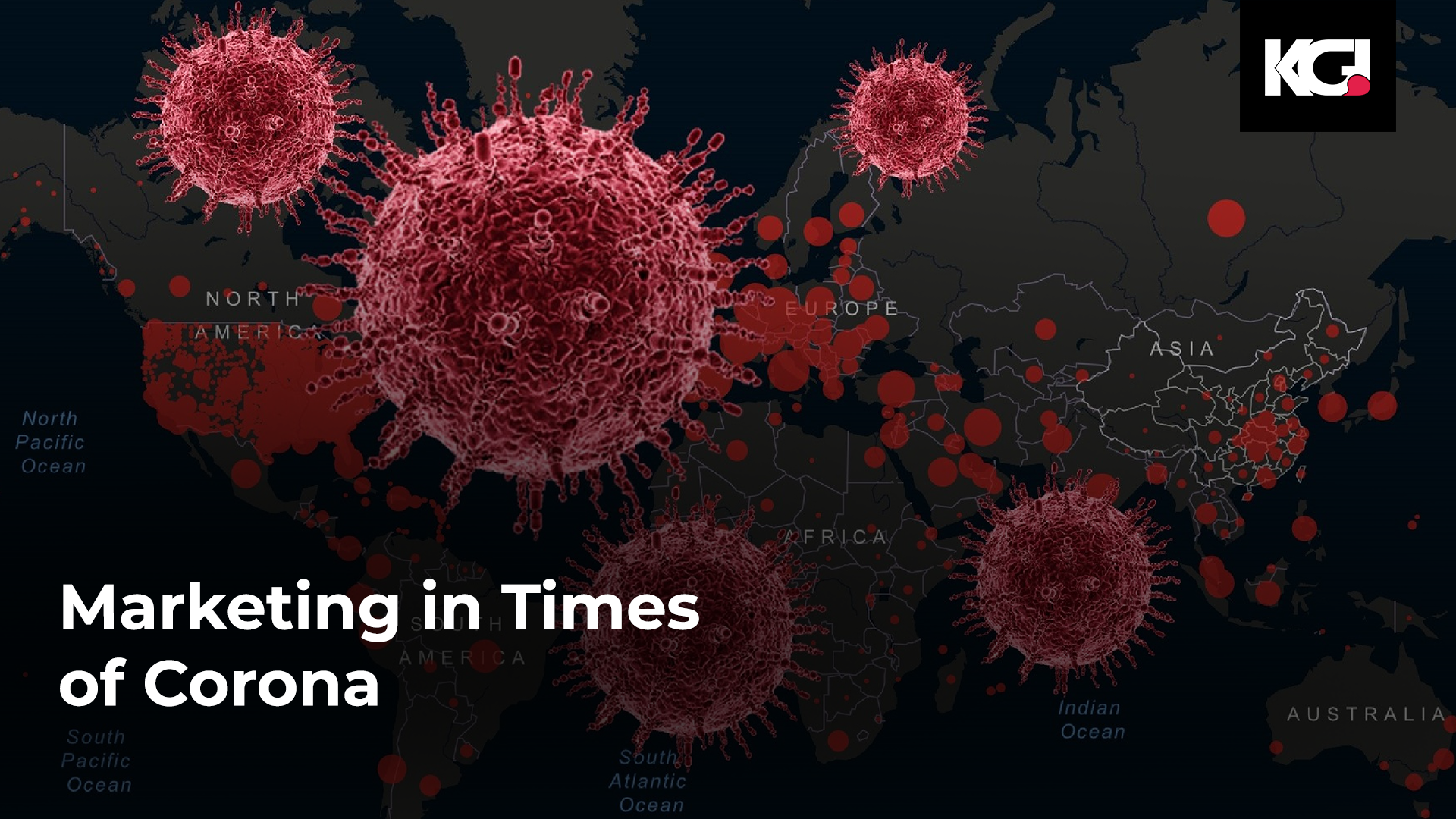The spread of the Coronavirus has created a bitter reality where people are closer to their mobiles, computers and screens, than to their friends, colleagues and relatives.
The greatest opportunity for reaching isolated consumers – and arguably the only one currently available – is to produce relevant marketing content, and, to a lesser extent, pushing content through paid marketing.
In the United States, Orbit Media Studios & Agency Management Institute conducted a survey on the impact of the epidemic on marketing trends. The survey shows that the least affected marketing approach is content marketing

Statistically, social media consumption is increasing during this ordeal. But paid ads on those platforms are on the decline. For example, the daily average increase in Twitter usage was around 23% this year, but March alone saw around 20% decrease in paid advertising revenue. Facebook reports indicate a similar trend.
Does this mean that these social platforms will revert to the old and effective algorithms when efficient organic reach was possible without spending any Dirham or Riyal? Most likely, no. However, users are more likely to search for the most relevant content. This organic search can limit the ability of the new algorithms developed by social media platforms to limit reach without paying. Positivity in content may help boost its virality, justifying the reduction of the digital paid campaigning, without stopping it, and allowing the budget to focus on producing relevant content to the targeted persona.
It is difficult to verify the effectiveness of content marketing in the early stages of this ordeal; however, this does not apply to e-commerce. The exception includes sites that are witnessing exponential growth or maintaining a degree of profitability, such as amazon.com, ebay.com, noon.com, alibaba.com and food order sites such as ubereat.com and hungerstation.com, zomato.com, and talabat.com in Saudi Arabia, the United Arab Emirates and other Middle Eastern countries… Companies with products available in the supermarket and convenience stores can take advantage of this opportunity to establish their legitimacy and outpace their competitors. We must remember that supermarkets and shops are the two places where the flow of customers will not stop. Add to this that reaching customers via digital channels is easier due to the confinement of people in their homes.
Effective and smart brands can realize the value of content marketing in the short and long terms despite the lack of a firm desire for consumption nowadays, especially by the age group of 40+. These strata are looking for information or even entertainment or solutions that can be provided in a way which will benefit the brand. When the economic situation normalizes again, people will revert to purchasing, putting brands that have invested in content marketing during the downturn at an advantage, by having more opportunities to sell, as a reliable supplier. We must heed the warning given by the famous maxim “out of sight, out of mind”.
“When the economic situation normalizes again, people will revert to purchasing, putting brands that have invested in content marketing during the downturn at an advantage”
Unfortunately, the effect of coronavirus on businesses and marketing patterns may be long-lasting. We will see more and more traditional media closing. Some may say that this trend had existed before the pandemic and that the transition to digital media had been happening anyway. This is true, but with two caveats. First, the pandemic has undoubtedly accelerated this rapid transformation and may come to be seen as a watershed marking the end of an era. Second, major competition will no longer be between what is digital and what preceded it – it will be entirely digital, instead. This will be reflected in statistics, budgets, marketing planning and so on.
What does all this mean? Companies dragging their feet on marketing adaptations will not be able to cope with modern marketing methods and will inevitably lose their value and market share. Instead, they should recognize that digital and content marketing is a vital need, not just a want. They, should, in other words, breakout of the traditional stereotypical way of running businesses and embrace the change, especially in some parts of the Gulf Region and the Middle East. This is the only way they can survive the inevitable transformation, and ensure business sustainability and future growth – the only way, that is, to thrive.


